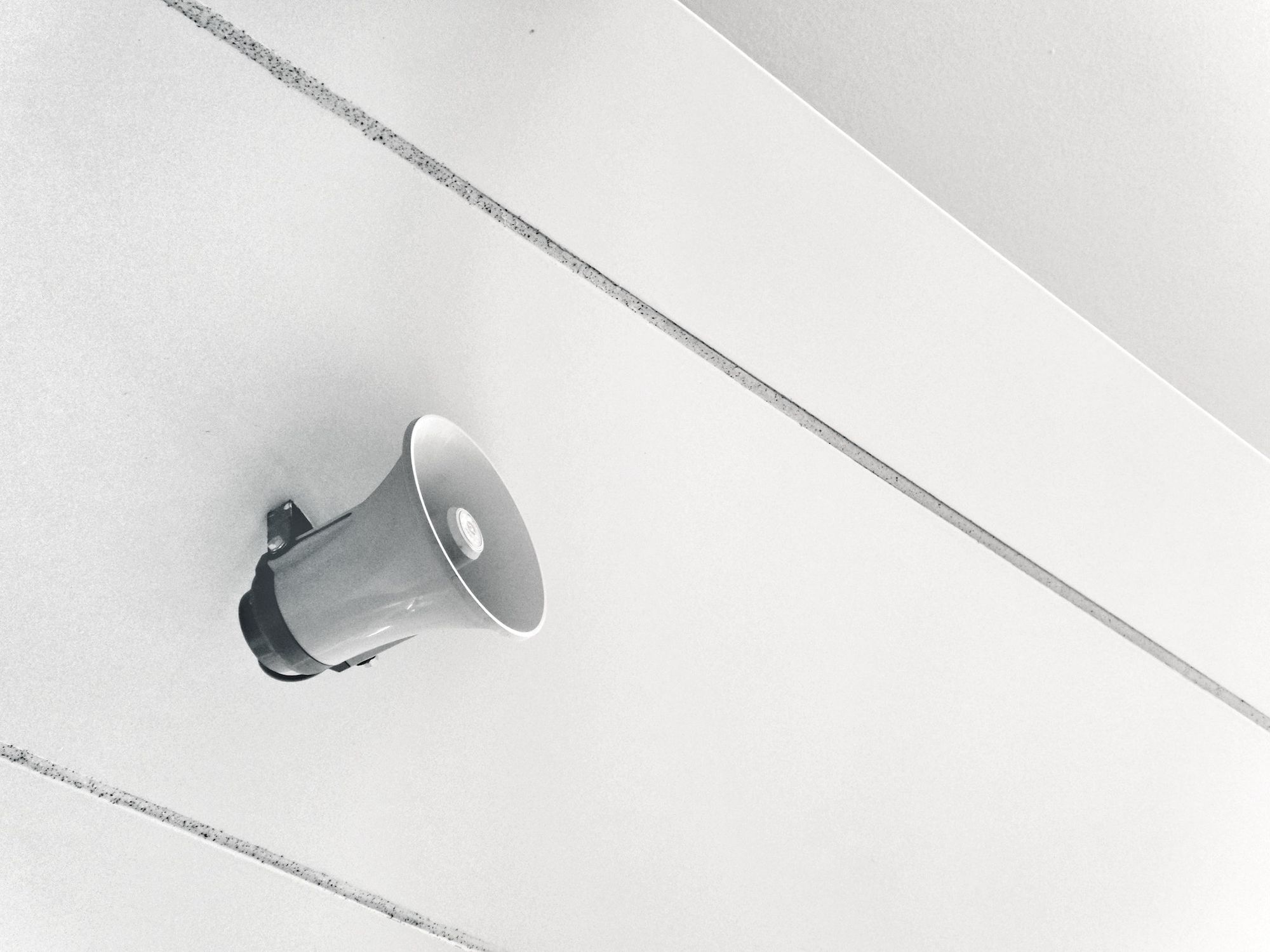The warning of Ash Wednesday

Today is Ash Wednesday, which marks the beginning of Lent. It may be that we have a Lent practice all sorted: perhaps giving up chocolate or alcohol, doing some more exercise, using some spiritual devotion, in this preparation time before Easter.
One of the passages most associated with Lent is found in Joel chapter two. There God issues a command – in fact he does it twice, in verses 1 and 15:
“Blow the trumpet in Zion”
I don’t know what you think of when you hear about trumpets, but I tend to think of some of the great jazz trumpeters. People like Dizzy Gillespie and Louis Armstrong, who played wonderful tunes and melodies. But that’s not the kind of trumpet that Joel is referring to. The instrument he has in mind is not used for music, it’s used for warning. The trumpet was sounded when the people were to go to war, to take up arms in the face of an invading army. The sound of the trumpet was like an air raid siren or a fire alarm. It was to stir the people up and get them ready for action. It was a call to wake up and a sound of warning.
Those of us who drive know that there are warning lights on the dashboard of our car. Hopefully when we turn the ignition, none of them light up. But occasionally one does, usually accompanied with an audible alarm. It is an indication that something is wrong.
In the same way God commands the trumpet to be blown and a warning sounded. Something is wrong and needs to be corrected. What is wrong is that God’s people have strayed away from him. What needs to be done is in verse 12:
“’Even now,’ declares the Lord, ‘return to me with all your heart, with fasting and weeping and mourning.’” (Joel 2:12)
The trumpet blast is a wake-up call to return to God. Not to seek out a God who is hiding, or try to please a God who is stubborn. But to return to the God who is waiting. Verse 13 reminds us that God is “gracious and compassionate, slow to anger and abounding in love, and he relents from sending calamity.”
In verse 13 we have a further command, “Rend your hearts and not your garments.” You may be aware that tearing your clothes was a public way for the people of Israel to show their sorrow. If you wanted to demonstrate that you were sorry or grieving, then you would take hold of your cloak or tunic and tear it.
But, says verse 13, rend, or tear, your hearts and not your garments. There is certainly a place for outward actions. After all, in verse 12, God himself urges the people to return with fasting, weeping and mourning. But outward actions, even devout actions, without a response in the heart, are worthless. Rend your heart and not just your garments. Be inward and not simply outward in your response to God. What is happening on the inside, in our hearts, in who we truly are, is the most important.
Let’s come back to the warning light on the car. If that goes off, we know that something has gone wrong and needs to be fixed. Now, if I went down to the garage, I would be understandably disappointed if all they did was work on the outside of the car. Polished the bumpers, got rids of any dents and scratches, gave it a clean. It’s nice for the outside of the car to look good, of course. But it’s the inside that’s important to examine. To make sure the engine is working okay, that the brakes work, and so on. It might be more difficult and take more time; it might be more costly (it usually is!) but it’s needed and it’s vital.
That’s a picture of what Joel is reminding the people of Israel of in these verses. And it’s what we need to be reminded of as well. As we enter the season of Lent, we have the opportunity to stop and hear again the trumpet blast of God’s warning. To allow the magnifying glass of God’s word to peer into the depths of our lives and uncover areas to be dealt with, sins to be confessed, parts to be torn and remade. To make sure we are in that right relationship with our Lord and God. It is a process which can be difficult and costly, but it needs to be done.
It’s great to be busy, doing things for God and working for his kingdom. It is a privilege and a joy that he calls each of us to be part of. But we all need times to stop, think, consider. Lent is just such a time. A time to concentrate on inward things rather than outward. A time to rend our hearts and not our garments. And a time to return again to the God who is gracious and compassionate, slow to anger and abounding in love.
